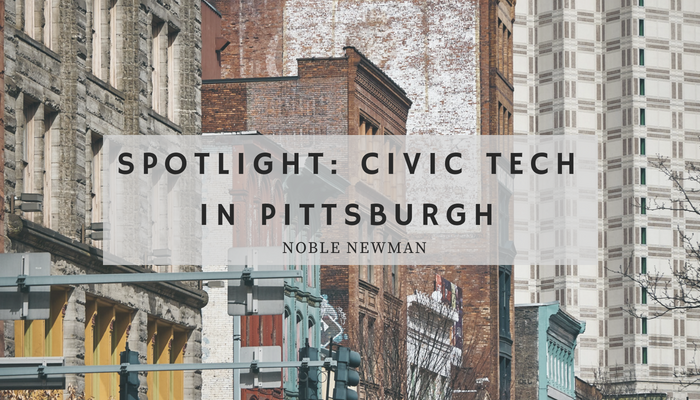The term “civic tech” refers to the ability to apply new technology in solving the problems that affect a community. The fact that today’s students will grow up to be some of the most technologically intelligent adults in our society suggests they will be the most adept at implementing technological solutions. Recognizing this, many Pittsburgh schools are promoting the concept of civic tech and training their students to grapple with the society’s greatest disadvantages.
Some Students Are Already Improving Society
The Cornell school district in Pittsburgh was among the first to report that their students are excelling in the area of civic tech by helping to eliminate the paper hall pass that students used to take to allow them to use a bathroom. The students realized that the hall pass was becoming contaminated with germs and bacteria, as it was passed from student to student. The spread of germs through this practice puts each student at a greater risk of contracting illness and passing it on to other classmates.
The students devised a new system that would still allow the school district to use the concept of a school pass, but without the health risks. The students suggested a “better hall pass” would allow teachers to assign a student with a QR code. The code would allow teachers and school officials to monitor the student’s whereabouts, allowing the student to use the bathroom. This new system helps students protect against the spread of illness in the schools.
Civic Tech is Taught in Real World Situations
Elsewhere, students are learning the concepts of civic tech outside of school hours and through their own experiences. For instance, the Civic Information Sciences program at the Carnegie Library of Pittsburgh is teaching students about data and how it affects their lives. The program’s leader, Tess Wilson, is helping students learn by assisting them in creating visual images of data. Wilson believes it is easier for students to understand the concept of data if they can see it and relate it to their own situations.
Cvic tech is taught to students in Pittsburgh through a variety of STEM (science, technology, engineering, and mathematics) programs. From getting students to think about how building design affects its occupants, to asking them to adapt technology to ecological issues, these programs are helping students become more socially and environmentally conscious. Since children naturally want to help one another, it’s easy to get them to focus on larger problems and on helping their community.
